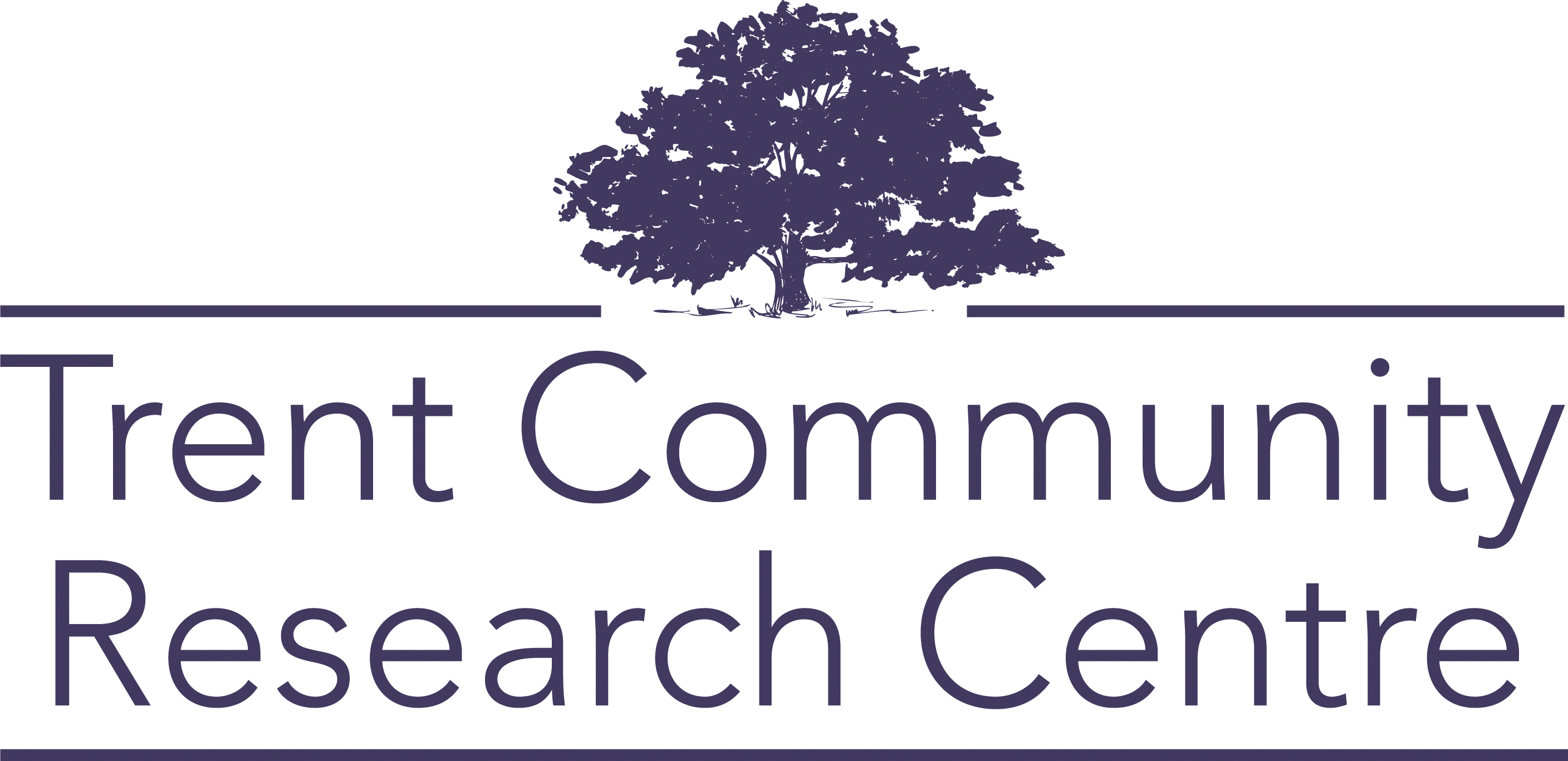Community questions? Community answers.
Discover the power of community-based research with Trent Community Research Centre (TCRC). In collaboration with community members, researchers, faculty, and students, TCRC empowers you to address your research questions effectively. Whether you lack resources or seek answers to challenging inquiries, we connect your organization with dedicated researchers. Explore a range of research projects, including case studies, environmental studies, literature reviews, and more, tailored to meet your community's unique needs.

"With community-based research, reciprocity is the key to success where all parties benefit. Community partners are able to identify and address needs in innovative ways while developing best practices. Students benefit by gaining high-quality experiential learning opportunities and connections, and faculty deepen their research programs. Continuing to strengthen partnerships between post-secondary institutions, community businesses and organizations in the region is essential for true growth and transformation."
- HOLGER HINTELMANN, Ph.D, Vice President of Research and Innovation
Join us in advancing impactful research for a better community
1. Proposal Development
To get started, book a meeting with one of our Project Coordinators to to discuss your ideas and shape a strong project approach. From there, you'll be guided through completing the Research Proposal Form to outline the project's scope and goals.
2. Project Agreement
Connect with a student researcher through a brief interview to ensure a good fit based on skills and experience. Together, you'll develop a Project Agreement that sets clear expectations and timelines.
3. Supervising the Research
Collaborate with the student researcher on the project plan, providing feedback on methods, timelines, and deliverables. Keep communication open to support a smooth and transparent research process.
4. Final Presentation & Report
Take part in the Celebration of Research by reviewing the student’s poster and offering feedback. You’ll also have the opportunity to provide input on the draft and final versions of the research report.
Click here to learn more about our past projects as well as our current projects. 
“Working with the TCRC has deepened our organization's connections to the Trent community, extended the work we're able to do through our program, and provided a Trent student with an opportunity to apply their skills beyond the classroom. Developing a CBR project strengthened my skills as a project coordinator, too- the learning goes both ways!"
HAYLEY GOODCHILD
Program Coordinator, Sustainable Urban Neighbourhoods (SUN)






